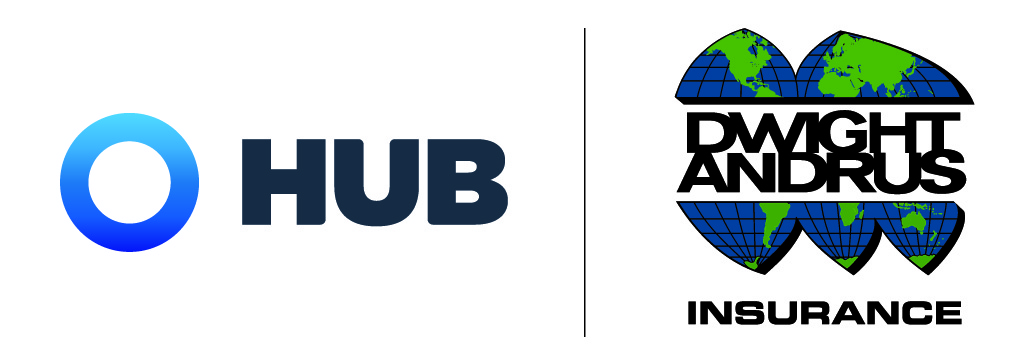Commercial insurance always fluctuates between Hard and Soft Markets, simply because the industry is cyclical in nature. These cycles have effects upon the availability, terms and costs of commercial insurance. That’s why it can be helpful to understand what to expect during either a Hard or Soft insurance market.
A Soft Market (also known as a “buyer’s market”) is characterized by either stable or lowering premiums, increased capacity, broader terms of coverage, higher available limits of liability, and easier access to excess layers of liability – as well as increased competition among insurance carriers for new business. Conversely, a Hard Market (also known as a “seller’s market”) is marked by increased premium costs for insureds, reduced capacity, restricted terms of coverage and less competition among insurance carriers for new business.
Regardless of the type of market, Dwight Andrus Insurance makes use of a network of providers to create the best insurance solution for you — and always at a fair price. Contact a consultant today to learn how our tailored insurance solutions can help your business.
There are multiple factors that affect insurance pricing. However, the following are some of the most common contributors to a hardening market.
CATASTROPHIC (CAT) LOSSES
Disasters including floods, hurricanes and wildfires have become increasingly common and devastating. Years of such costly disasters have compounded losses for insurers – thereby driving up the cost of coverage overall (particularly when it comes to commercial property policies).
INCONSISTENT UNDERWRITING PROFITS
Underwriting profits are defined as the difference between the premiums an insurer collects and the money they pay out in claims and expenses. When an insurance company collects more in premiums than it pays out in claims and expenses, the company earns an underwriting profit. On the other hand, if the company pays more in claims and expenses than it collects in premiums, it will sustain an underwriting loss.
THE ECONOMY
An insurance company’s ability to write new policies is affected by the current economy. When there is an economic downturn it causes uncertainty – and some businesses may purchase less coverage or do without insurance altogether. As a result, a business’s revenue and payroll – which factor into how premiums are set – may be reduced. Overall, this creates an environment in which there is less premium income for insurers.
THE COST OF REINSURANCE
For the most part, reinsurance is coverage for insurance companies. Reinsurance is often purchased by carriers to cover risks they can’t or don’t wish to retain fully – such as for severe disasters like hurricanes and wildfires. Reinsurance helps primary insurers to protect against unforeseen or extreme losses. Reinsurance also helps to stabilize premiums for regular businesses by making it less risky for insurance carriers to write a policy.
Following are a few more factors that may influence your insurance rates:
- The Coverage You Are Seeking — The different forms of insurance you want, as well as the details of the coverage (such as limits of liability and value of insured property), will affect the cost of your insurance.
- The Size of Your Business — In general, the more employees your business has, the larger your revenue becomes – and the more you will pay for insurance.
- The Industry in Which You Operate — Certain industries carry more risk than others. For the most part, businesses in these risky sectors are more likely to file insurance claims. Therefore, businesses involved in risky industries tend to pay more in insurance premiums.
- The Location of Your Business — The places where your business is located will also influence your commercial insurance rates. If you are located in an area prone to certain natural disasters, insurers may determine that your facility is more at risk for property damage. This increased amount of risk will result in higher insurance premiums.
- Your Claims History — The claims history of your business (often referred to as your “loss history”) will also impact your insurance rates. If your business has a highly active claims history, insurance carriers will probably consider your company more likely to file future claims. As a result, your business may be viewed as risky to insure – resulting in higher commercial insurance premiums.
- Your Risk Management Practices — In today’s business world, conducting a careful assessment of your company’s unique exposures and establishing effective, well-documented risk management practices can result in your organization being more attractive to insurance carriers. That’s because having a robust risk management program in place reduces the likelihood of costly claims occurring – while also minimizing the potential losses that your business could experience from an unexpected event.
The bottom line is that during a Hard Market, insurance buyers often face complex considerations regarding their insurance coverage. However, it’s important to understand that businesses are not without recourse during a Hard Market. Business owners who proactively address risk losses and manage exposures will be better prepared for a hardening market – while those who fail to do so may encounter problems. Just as importantly, those who educate themselves on the trends that influence their insurance will better understand the things that can be done to lessen their insurance rates.
GET COVERAGE YOU CAN COUNT ON
Managing insurance coverage for a business can feel complicated. With so many moving parts, keeping track of policies and having guidance to make the right decisions is paramount. Luckily, the business insurance experts at Dwight Andrus are here to support you every step of the way. Our team is dedicated to making insurance easier by providing you with all of the coverage, services and personalized attention you need to protect the things you love. Learn more about how our team can solve your insurance needs by contacting a consultant today.
